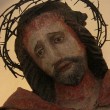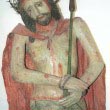Cardinal Newman’s Dream of Gerontius as a Revelation of the Destiny of the Human Person
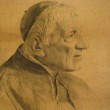
Fr Thomas Norris
The Creed of Christians includes the statement, “I look for the resurrection of the dead and the life of the world to come.” John Henry Newman not only had a vivid sense of that world, a world above and beyond this one, he continually reminded himself and others of the Invisible World or, as he liked to call it, the “Unseen World.”

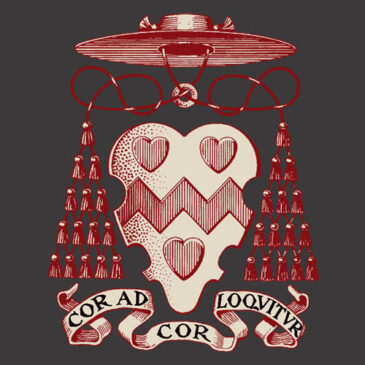


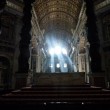 I adore you, O my Lord, the third person of the all-blessed Trinity, that you have set up in this world of sin a great light upon a hill. You have founded the Church; you have established and maintained it. You fill it continually with your gifts, that men may see, and draw near, and take, and live.
I adore you, O my Lord, the third person of the all-blessed Trinity, that you have set up in this world of sin a great light upon a hill. You have founded the Church; you have established and maintained it. You fill it continually with your gifts, that men may see, and draw near, and take, and live.
